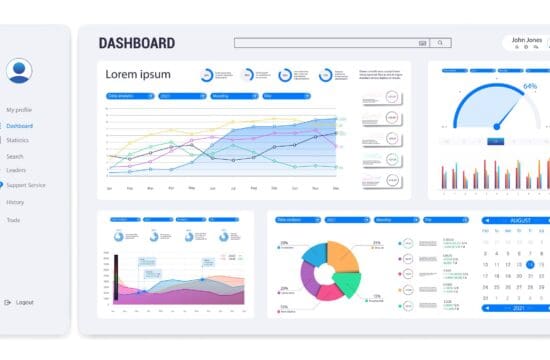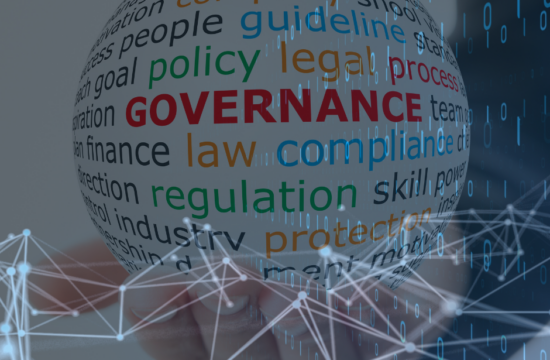Data Subject Request. What’s the Impact of Not Fulfilling?
In today’s digital age, data privacy has become a paramount concern for individuals and regulatory bodies. Consumers are taking more control and want more transparency on how their data is used and shared. They are able to make a Data Subject Request (DSR) to access their personal information. Organizations can face consequences if they don’t fulfill these requests in a timely manner.
What Is A Data Subject Request (DSR)?
A data subject request (DSR) is a formal inquiry made by an individual regarding their personal data held by an organization. People have the right to request access to their personal data, as well as to fix inaccuracies, erase data under certain circumstances, restrict processing, object to processing, and in some cases, receive their data in a portable format. Organizations are legally obligated to respond to these requests within specified timeframes and provide the requested information or take the necessary actions as per the individual’s rights.
Case Study: Spotify’s Costly Data Rules Violation
In December 2023, Spotify faced a significant fine for violating the European Union’s General Data Protection Regulation (GDPR) regulations. The Swedish Authority for Privacy Protection (IMY) discovered that although Spotify handed over users’ personal data when requested, it fell short in being crystal clear about how this data was actually used by the company. They pointed out that Spotify needs to step up its game in transparency, making it clearer to users how and why their personal data is being handled. The IMY highlighted that this lack of clarity made it tough for individuals to grasp how their personal data is being dealt with and whether it’s all above board, legally speaking. A Swedish regulator fined Spotify $5.4 million as a result. While this scenario applies to regulations overseas, this case serves as a sobering reminder for businesses worldwide about the consequences of non-compliance with data privacy regulations.
States’ Digital Bill of Rights
It’s also important for businesses to be aware of individual states’ Digital Bill of Rights, which could also be referred to as Consumer Privacy Acts or Information Protection Acts, depending on the state. More states are signing these rights into law, outlining individuals’ data and privacy rights. Here are some examples of what various states’ rights entails:
- Florida – The right to control personal data, including the right to confirm, access and delete your personal data from a social platform; the right to know that your personal data will not be used against you when purchasing a home, obtaining health insurance or being hired; the right to opt out of having personal data sold
- California – The right to know about the personal information a business collects about them and how it is used and shared; the right to delete personal information collected from them (with some exceptions); the right to opt-out of the sale or sharing of their personal information
- Tennessee – The right to confirm whether a controller is processing the consumer’s
- personal information and to access such personal information; the right to correct inaccuracies in personal information; the right to opt out of the sale of personal data
There are also other parameters to individual states’ digital bill of rights. For example, some of these may only apply to businesses that bring in a certain amount of annual revenue, or have a certain number of customers. For businesses that operate in multiple states, it can be overwhelming to manage the intricacies of each consumer protection bill.
How Can Secuvy Keep You Compliant When Fulfilling Data Subject Request (DSR)s?
Fortunately, Secuvy offers invaluable help to companies striving to maintain compliance with data protection regulations while efficiently managing DSRs. Secuvy provides a comprehensive platform equipped with advanced features tailored to address the complexities of data subject requests.
One of Secuvy’s key strengths lies in its automation capabilities, which streamline the entire DSR lifecycle—from request intake to verification, processing, and response. By leveraging automation, organizations can significantly reduce response times, ensuring timely and accurate handling of DSRs while minimizing the risk of human error.
Additionally, Secuvy’s robust reporting and analytics tools enable organizations to gain insights into their DSR management processes, identify areas for improvement, and demonstrate compliance with regulatory requirements.
Get Started With Secuvy
Secuvy prioritizes data security and privacy, employing state-of-the-art encryption and access controls to safeguard sensitive information throughout the DSR workflow. By partnering with Secuvy, companies can effectively navigate the complexities of data subject requests, maintain compliance with GDPR and other data protection regulations, and uphold the trust and confidence of their customers. Contact us today to schedule a demo and see how our platform can work for your unique organization.





















